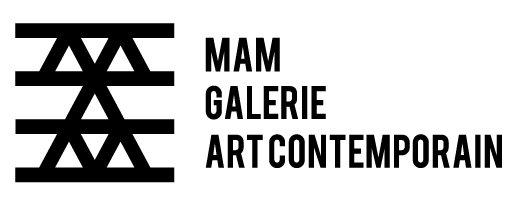How artists are staying creative through COVID-19 | Interview with Sanaa Gateja
In this interview with social entrepreneur and artist Sanaa Gateja, he discusses his inspiration behind his unique and wonderful pieces made of recycled beads and how he is coping with the covid-19 pandemic lockdown in Uganda.
1. How are you coping with the COVID-19 pandemic?
Kampala is under lockdown and we are all staying at home. All public transport and private vehicles are prohibited to move around unless drivers are carrying permits for urgent health issues. Shops are closed except supermarkets and all food markets. We walk everywhere and, I must say, people are fitter. Jogging and walking became a daily activity around the city.
2. What impact has this period had on you as an artist? Do you find that it has impacted your creativity and do you have more time to reflect on your work ?
Artists with studios at home are blessed to have time, peace and quiet to work as they like. I am in a different work mood: I have no anticipation of exhibitions in the near future and seems to be cut off from my usual contacts. This state brings a new energy to create and organise all my work archive, which are rather substantia in volume. There is much reflection about what will become post covid-19.
3. Looking at the positive aspects of this situation, there is much less pollution at the moment and people have more time for self-reflection, improvement and to think about the impact that they have on the world. In general, do you think that this period will be a source of inspiration for artists in the future?
This is a time for artists and everyone around the world to stop and contemplate nature as something to be cherished for their health and well-being. Artists have a great opportunity to make an impact by showing works that strengthen people spiritually, socially. This moment of self-examination is felt when the air is cleaner, quiet streets, animals emerging in cities as humans stay home, and family members are reconnecting. There’s a feeling of gratefulness as I walk in my garden and take time to be aware of my surroundings. The future will be certainly different and artists will continue to express themselves and develop their creative voices.
4. Throughout your career you have collaborated with craftspeople and local communities to work on various project which helped generate income for them. What has been the impact of the situation on your social initiatives?
The people who have been the most impacted by this situation are the women communities, I work with in the villages. Until I can physically collect the work I have ordered from them, they will not receive their payment. Being there allows for quality control and new orders to be placed. You are aware that my work is a construction of units which I design and train people to produce and this is not easy for them as I am the only consumer. The ladies who work from my studio, tend to live at a closer distance and their work is transported by bike messenger, back and forth for any iterations. This pandemic is definitely teaching us new ways to work together but remotely which will be useful practice in the future.
5. Could you share some insights of what you are working on at the moment?
I’m currently working on a body of 6 works based on the same theme - PATHS- THE AFRICAN JOURNEY, which takes a look at my past inspiration. This present work requires me to delve into early techniques in order to connect with materiality and techniques used by early African artists whose attitudes were deeply connected to nature and environment. As we turn to alternative medication with herbs and plants, Uganda is rich of thousands species of plants and that bring benefits to our health today. For example, my family consume bitter leafs every morning. Nutritionally, bitter leaves have been used to alleviate the problems of micronutrient as it is exceptionally rich in proteins, vitamins and mineral elements. It is certain that there will be a resurgence of traditional healers after this period.
6. Lastly, what words of advice do you have for people to try and stay positive during this period?
I would strongly advise people to try to change their lifestyle by eating healthier and natural food, especially in Africa where it is rather cheap and accessible. Another advice is to be more compassionate towards one another.
Website : https://www.sanaa-gateja.com/ Watch Video: shorturl.at/svwD5 (source: CNN African Voices)


